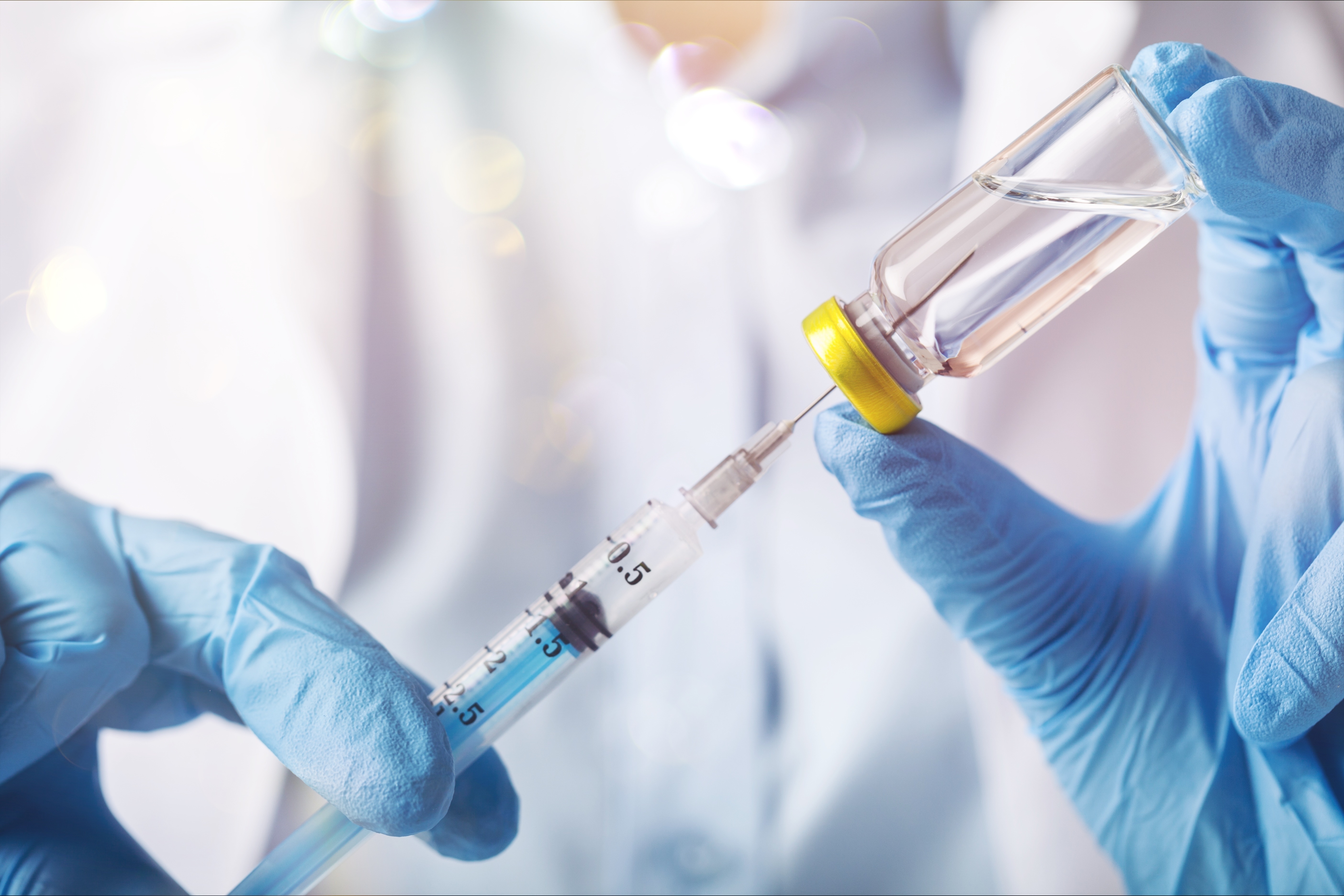
The University of Colorado Boulder has received a $39 million award from the U.S. Department of Health and Human Services’ Advanced Research Projects Agency for Health to develop a novel treatment capable of preventing degradation and prompting regrowth in the joints of patients with osteoarthritis. Although osteoarthritis is the third most common disease in the United States, there is currently no cure. Over the last 15 years, researchers have begun to explore therapies promoting the production of proteins needed to rebuild joints; however, this method would require daily injections. Other researchers have worked to create three-dimensional gel-like biomaterials to act as supportive scaffolding in damaged cartilage and bone. Still others have developed a gene therapy to manage inflammation and cartilage healing. The new therapeutic strategy being investigated by the University of Colorado Boulder would utilize all three techniques—a healing injection, hydrogel, and annual intravenous infusion—and was designed to systematically treat osteoarthritis by delivering nanoparticles and a biomaterial repair kit to help regenerate the joints. As part of the Novel Innovations for Tissue Regeneration in Osteoarthritis (NITRO) program involving a multidisciplinary team of engineers, medical scientists, and veterinarians from the University of Colorado and Colorado State University, the project has a proposed timeline of 5 years. The research team will recruit a demographically diverse group of patients to participate in a study examining the efficacy of the triplet strategy. “To truly address osteoarthritis, you have to get at both the biology and the structural problem. This unique … team we have put together has the … expertise, and now the resources, to tackle both at once [and] approach curing the disease like never before,” concluded Michael Zuscik, PhD, Professor and Research Vice Chair in the Department of Orthopedics at the University of Colorado Anschutz Medical Campus.